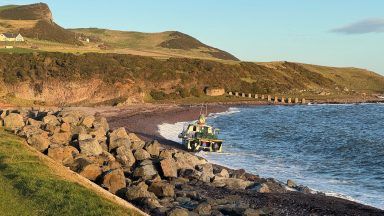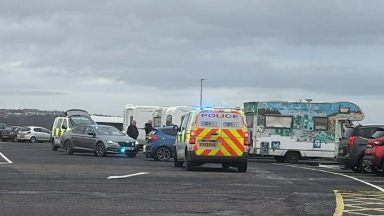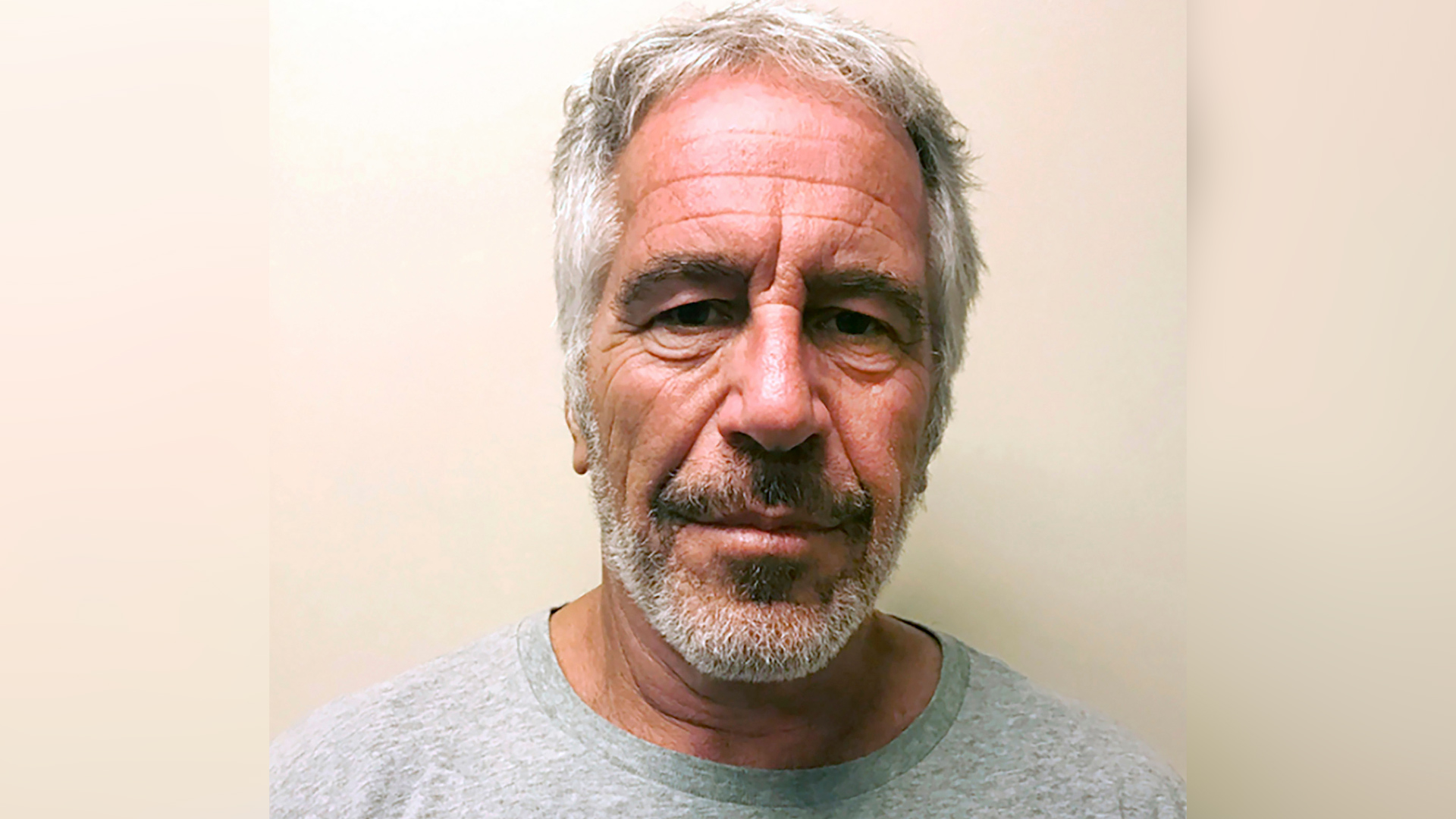Cases of gonorrhoea in Scotland are now almost 50% higher than the number recorded in the year before the coronavirus pandemic.
Figures released by Public Health Scotland (PHS) on Tuesday show 5,641 cases of the sexually transmitted infection were recorded in 2022 – up 49% from 3,776 cases in 2019.
NHS Lothian, NHS Greater Glasgow and Clyde and NHS Tayside had the highest rates of the disease, reporting 226, 200 and 190 per 100,000 of the population respectively.
Dr Kirsty Roy, consultant in health protection at PHS, said: “The recent increase in gonorrhoea cases is concerning and likely reflects a real increase in new infections, as well as existing infections undiagnosed because of reduced access to testing during the Covid-19 pandemic.
“Gonorrhoea is a sexually transmitted infection which can be easily treated and we would encourage everyone to practice safe sex. The best way to reduce your risk of catching gonorrhoea and other sexually transmitted infection is the correct and consistent use of a condom for sex with new and casual partners.”
Cases of gonorrhoea were steadily increasing prior to the Covid-19 pandemic but have increased rapidly since the end of 2021.
The majority of cases in Scotland over the most recent ten-year period are in men, notably gay, bisexual, and other men who have sex with men. However, there has been an increase in infections among young heterosexual men and women in 2022.
What is gonorrhoea?
Gonorrhoea is a sexually transmitted infection caused by a bacteria called Neisseria gonorrhoeae or gonococcus. It is passed from person to person through unprotected (without a condom) vaginal, anal or oral sex.
It can be cured, and harm limited, if the appropriate antibiotic is taken at an early stage.
Many people with gonorrhoea will not notice any symptoms. If symptoms do appear, they usually show up between one to 14 days after becoming infected by the organism.
If you are concerned about gonorrhoea or other sexually transmitted infections, further information on the signs and symptoms and where to seek advice is available on NHS Inform.
Follow STV News on WhatsApp
Scan the QR code on your mobile device for all the latest news from around the country


 iStock
iStock
























